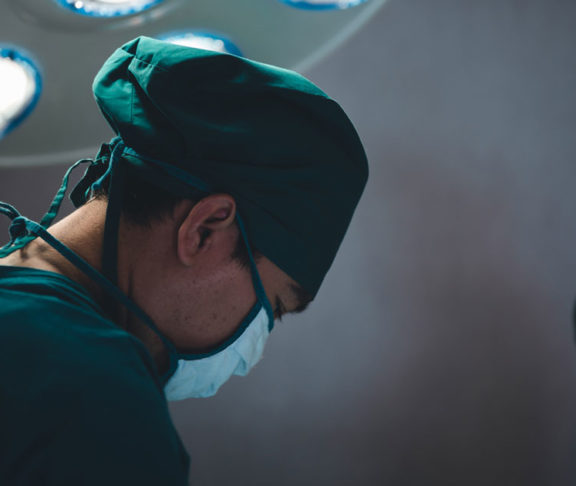
Cari-Anne Quinn
Chief Executive Officer, Life Sciences Hub Wales
Remarkable innovations are enhancing patient treatments and streamlining processes for clinicians. This includes the revolutionary impact of robotic-assisted surgery for cancer patients.
Surgeons can exercise control over a robotic arm to perform minimally invasive keyhole surgery. Equipped with cameras and surgical instruments, this technology enables intricate procedures through small incisions, with heightened accuracy due to precise controls.
Making robotic-assisted surgery available
Wales is driving the integration of these surgical systems through a pioneering national programme with partner collaboration at its core. The All-Wales Robotic Assisted Surgery Programme hosts Health Boards across Wales, working closely with industry supplier CMR Surgical, to increase the availability of advanced technologies and techniques for precision surgery.
Life Sciences Hub Wales played a pivotal role during the initial phase of this initiative. Efforts focused on developing the National Business Justification Case, which helped secure approval and funding from the Welsh Government. Cardiff and Vale University Health Board and Betsi Cadwaladr University Health Board now have the Versius surgical robot available for procedures across colorectal, upper gastrointestinal, urological and gynaecology specialities.
Robotic-assisted surgery has many benefits for cancer
patients, clinicians and the wider healthcare system.
Benefits of robotic-assisted surgery
Robotic-assisted surgery has many benefits for cancer patients, clinicians and the wider healthcare system. Patients have quicker recovery rates and can spend less time in hospitals — returning to normal activity sooner.
Highly accurate controls reduce the risk of damage to nerves and other organs. For surgeons, they can stand in a comfortable position during surgery to help reduce stress and fatigue — limiting the physical impact of conducting operations.
Wales is now becoming a beacon for pioneering robotic-assisted surgery. It’s starting to bring new training and recruitment opportunities, as specialist staff are welcomed to learn and practice. Since its launch last year, over 185 patients have been treated. Eight active surgical teams are involved and 70 staff have been trained.
Expanding to improve cancer outcomes
As the programme continues to expand, its progress is becoming increasingly evident. The imminent onboarding of Cwm Taf Morgannwg University Health Board will provide the region with essential access to this revolutionary equipment.
Paul Mears, Chief Executive of Cwm Taf Morgannwg University Health Board, says: “This is an exciting opportunity to provide cutting-edge, minimal access surgery to our patients. Robotic surgery allows our surgeons to operate with even greater precision and visual acuity, improving cancer outcomes while reducing post-operative pain and length of hospital stay. Our health board is proud to be part of this innovative programme.”
Get in contact to see how Life Sciences Hub Wales can support you with innovation adoption through their bespoke delivery services: lshubwales.com/futureofhealthcare



